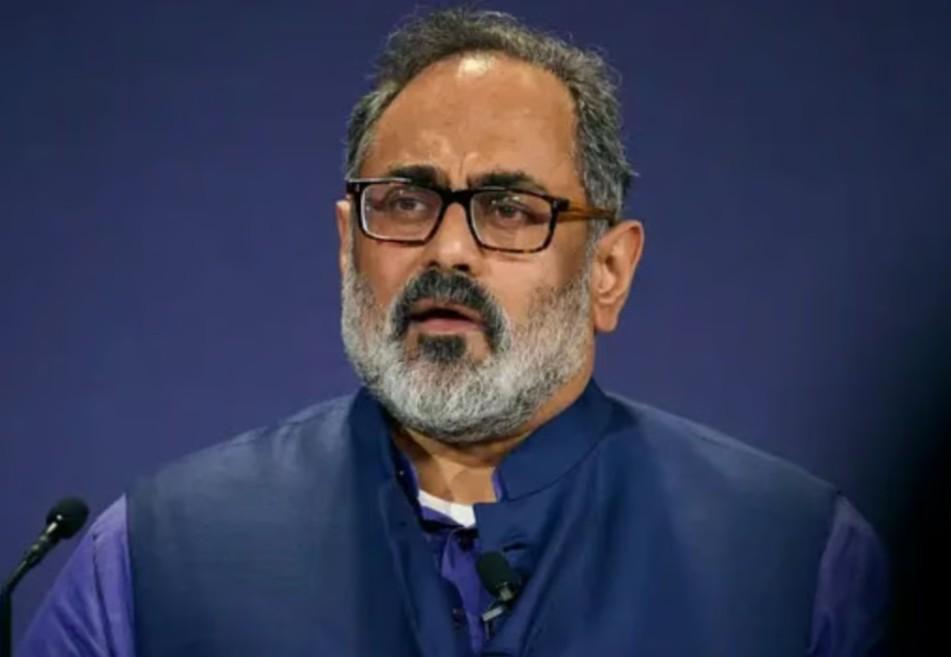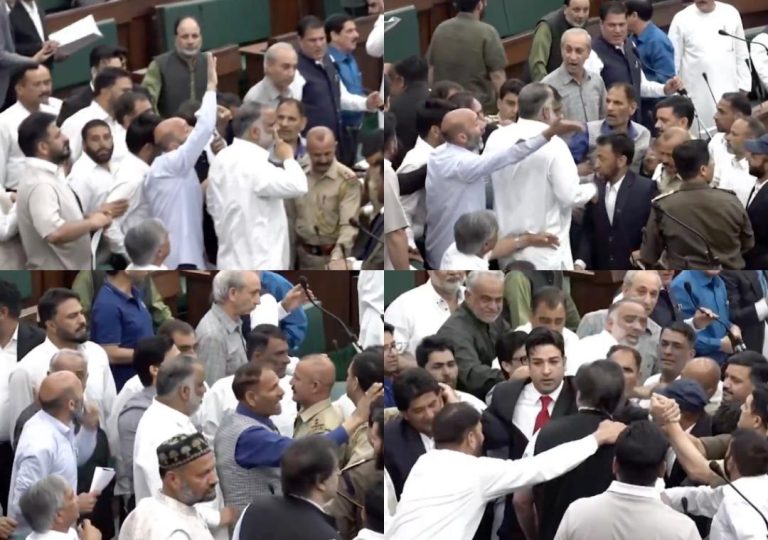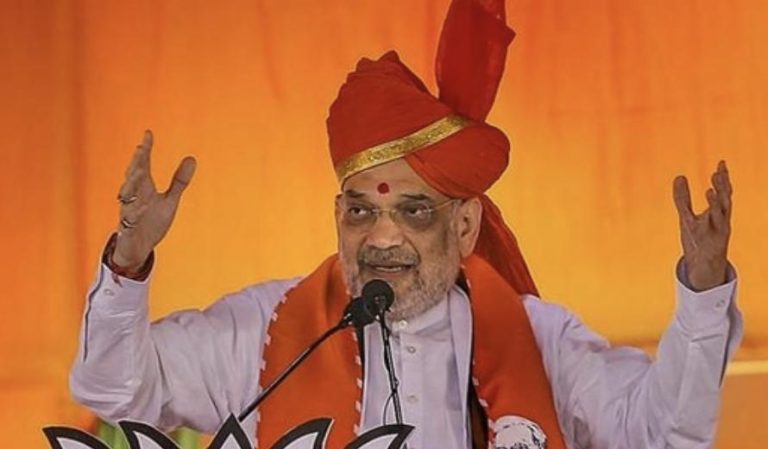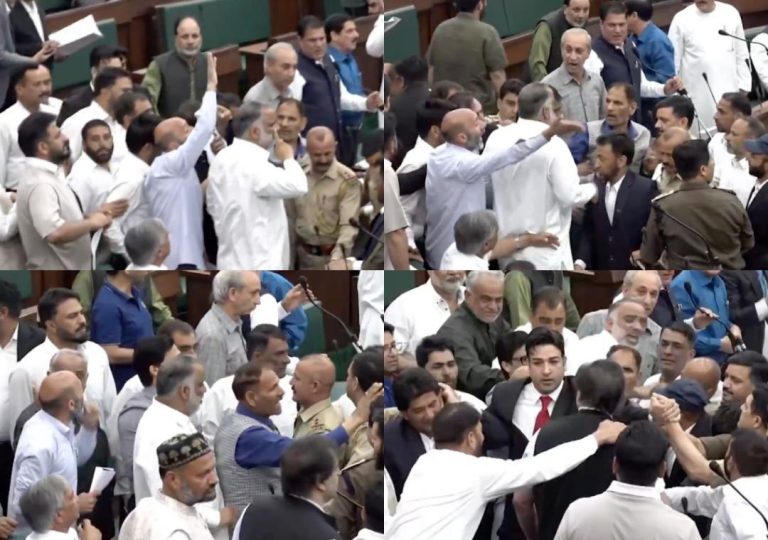
Rahul Should Read & Learn the Constitution: BJP’s Chandrasekhar
In a recent tweet, Rajeev Chandrasekhar, a prominent leader of the Bharatiya Janata Party (BJP), took a jibe at Congress leader Rahul Gandhi, urging him to read and learn the Constitution. This came after Rahul Gandhi criticized the Waqf Bill, which was recently passed by the Indian government. Chandrasekhar’s tweet sparked a heated debate on social media, with many taking sides on the issue.
The Waqf Bill, also known as the Waqf (Amendment) Bill, 2020, aims to reform the Waqf properties, which are managed by the Waqf Board, a government agency responsible for overseeing Muslim religious institutions. The bill seeks to ensure that Waqf land is used for the benefit of poor Muslims, rather than being exploited by wealthy politicians and builders.
Rahul Gandhi, the leader of the opposition in the Lok Sabha, criticized the bill, saying it was an attempt to divide the country on religious lines. He argued that the bill would lead to the erosion of the autonomy of Waqf Boards and would give the government more control over these institutions.
However, Rajeev Chandrasekhar, a Rajya Sabha MP and a prominent BJP leader, took a different view. In his tweet, he said that Rahul Gandhi, who is known for his criticism of the Indian government and its policies, should focus on reading and learning the Constitution before criticizing the Waqf Bill.
“One thing I recommend to Constitution-waving, India-bashing Rahul Gandhi is that he reads, learns the Constitution,” Chandrasekhar tweeted. “PM Narendra Modi’s [Waqf Bill]…ensures that Waqf land is used for the benefit of poor Muslims not rich Cong builder/politicians,” he added.
Chandrasekhar’s tweet was seen as a clever retort to Rahul Gandhi’s criticism of the bill. By questioning Gandhi’s knowledge of the Constitution, Chandrasekhar was implying that the Congress leader was not well-versed in the country’s laws and was therefore not qualified to comment on the Waqf Bill.
The debate on the Waqf Bill is not new. The bill has been pending in Parliament for several years, and it has been criticized by many, including opposition parties and civil society organizations. The bill has also been praised by some, who argue that it is necessary to reform the Waqf system and ensure that Waqf land is used for the benefit of poor Muslims.
The controversy surrounding the Waqf Bill highlights the complex issues surrounding religious institutions in India. The Waqf system, which dates back to the Mughal era, is a unique feature of India’s religious landscape. Waqf properties are managed by Waqf Boards, which are responsible for overseeing the maintenance and development of these properties.
However, over the years, the Waqf system has been criticized for being corrupt and inefficient. Many Waqf properties have been mismanaged or misused, and the system has been accused of being biased towards certain groups or individuals.
In recent years, there have been several attempts to reform the Waqf system, including the introduction of the Waqf Bill. The bill aims to ensure that Waqf land is used for the benefit of poor Muslims, rather than being exploited by wealthy politicians and builders.
The controversy surrounding the Waqf Bill also highlights the complex relationships between religion and politics in India. The bill has been criticized by many, including opposition parties and civil society organizations, who argue that it is an attempt to divide the country on religious lines.
However, the BJP and its allies argue that the bill is necessary to reform the Waqf system and ensure that Waqf land is used for the benefit of poor Muslims. They argue that the bill is a step towards ensuring that the Waqf system is more transparent and accountable.
In conclusion, the controversy surrounding the Waqf Bill is a complex issue that highlights the complex relationships between religion and politics in India. While some argue that the bill is necessary to reform the Waqf system, others argue that it is an attempt to divide the country on religious lines.
Rajeev Chandrasekhar’s tweet, urging Rahul Gandhi to read and learn the Constitution, was seen as a clever retort to Gandhi’s criticism of the bill. However, the controversy surrounding the bill also highlights the need for greater understanding and dialogue between different groups and individuals in Indian society.
News Source:
https://x.com/RajeevRC_X/status/1908500441996144876






